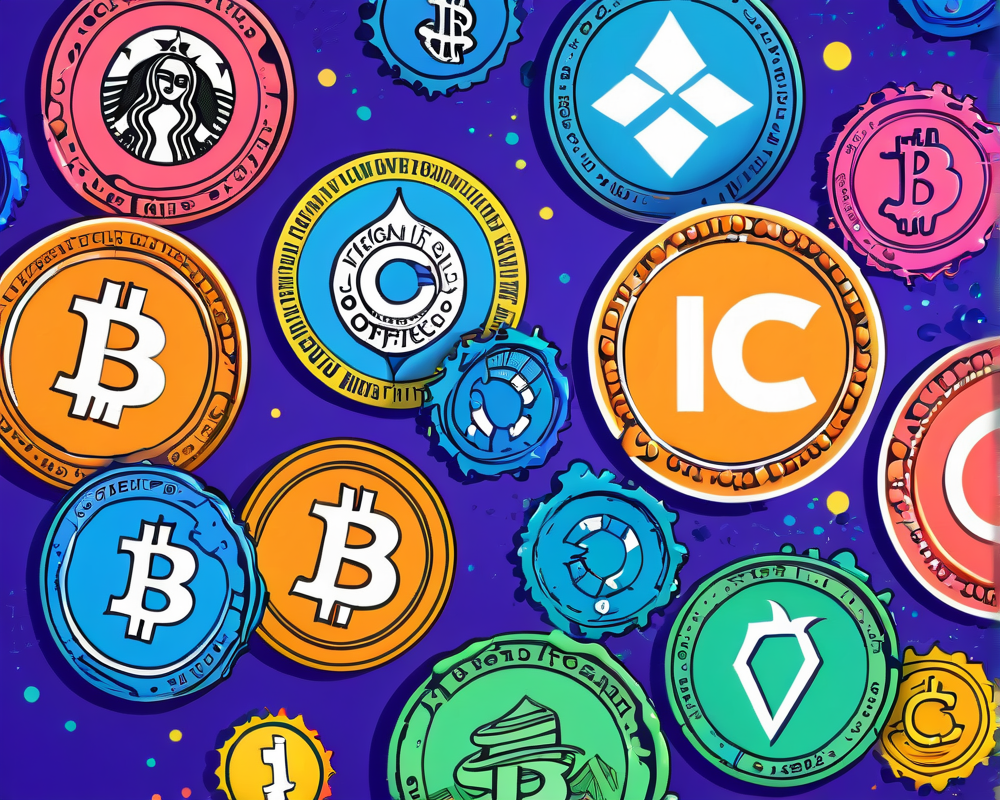What Exactly is an ICO?
Initial Coin Offerings, or ICOs, are like the wild west of fundraising in the blockchain world. Imagine a startup with a great idea and zero capital, and instead of knocking on doors like some modern-day Oliver Twist, the company decides to hold a digital coin sale! That’s right! In a nutshell, ICOs involve companies selling digital tokens to eager investors in hopes of developing a blockchain-based product or service.
The Rise of ICOs
ISit all began back in 2013 with Mastercoin, which, amidst wild skepticism, amassed a whopping $500,000. Fast-forward to 2017, and it’s a different ball game altogether—companies have managed to raise over $560 million in ICOs alone! So what’s responsible for this uptick? We’re seeing an influx of blockchain startups looking to bypass traditional crowdfunding avenues—and let’s be honest, who isn’t tempted by a good deal on digital tokens?
The Pros and Cons: A Double-Edged Sword
- Pros: The beauty of an ICO? It’s a chance for early adopters to get in on the ground floor of potentially groundbreaking technology. Who doesn’t want to be the one saying, “I invested before it was cool!”
- Cons: On the flip side, the lack of regulation is downright terrifying. As previously noted, regulators like the SEC are still scratching their heads over how to handle this, leaving many investors dangerously unprotected. What could go wrong, right?
Enter the Scams
Criminal activity has found fertile ground with ICOs. Imagine you’re at a carnival and a grinning “carnie” lures you to play a rigged game. Well, with ICOs, it’s not just the games that are rigged; some startups have slashed and dashed with contributors’ hard-earned money! The notion here is that unlike traditional securities properly registered with authorities, tokens often operate under a shroud of ambiguity.
The Future of ICOs: Navigating the Landscape
Despite the landmines scattered across the ICO landscape, don’t count it out just yet. The power of self-regulation within the blockchain community is increasingly becoming a safety net for contributors. Enthusiasts like Richard Kastelein, the founder of Blockchain Partners, share hope that communal due diligence and collective insight will filter the wheat from the chaff. So yes, while the risks are sky-high, the payoffs might be just as substantial.




